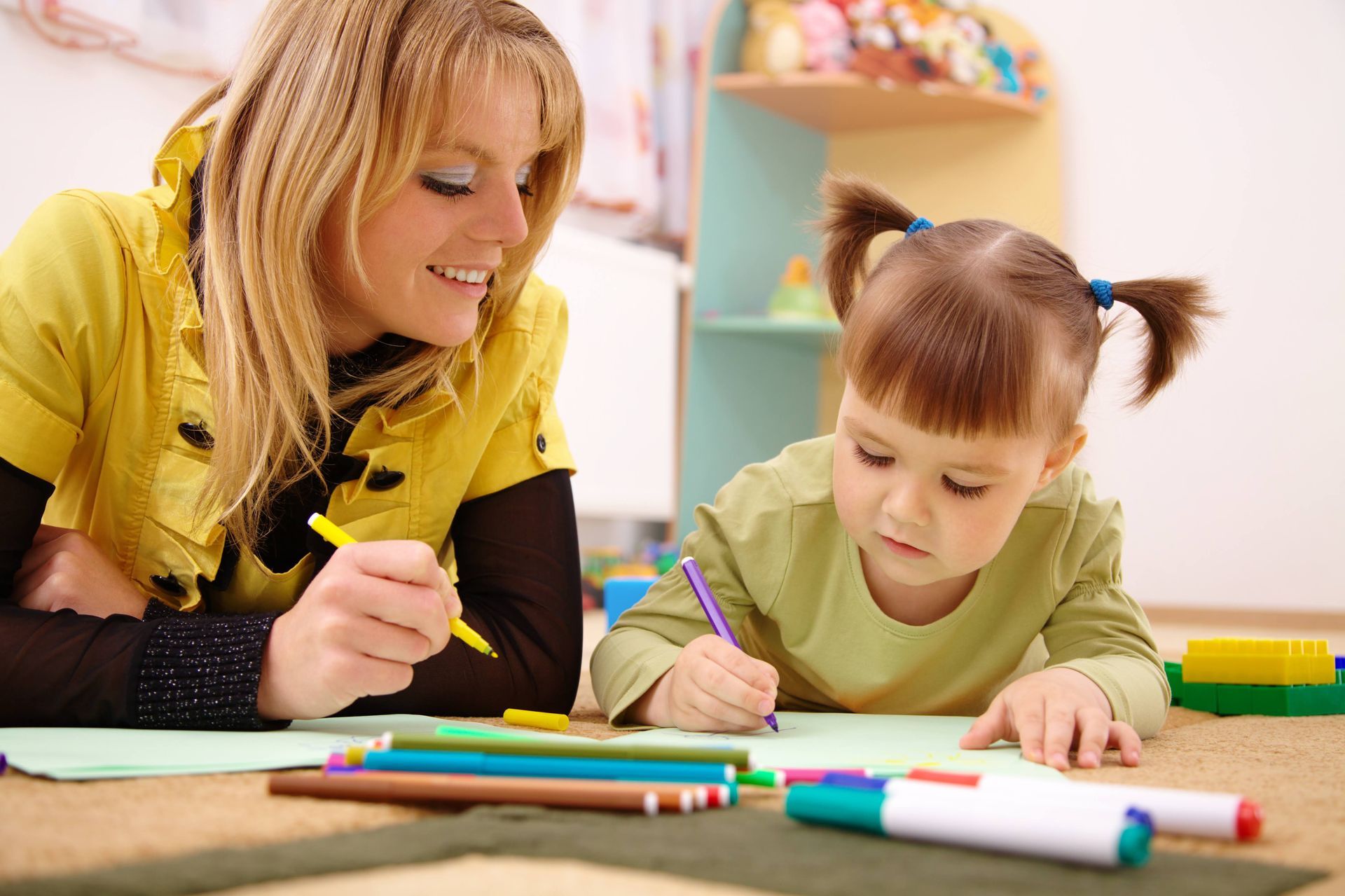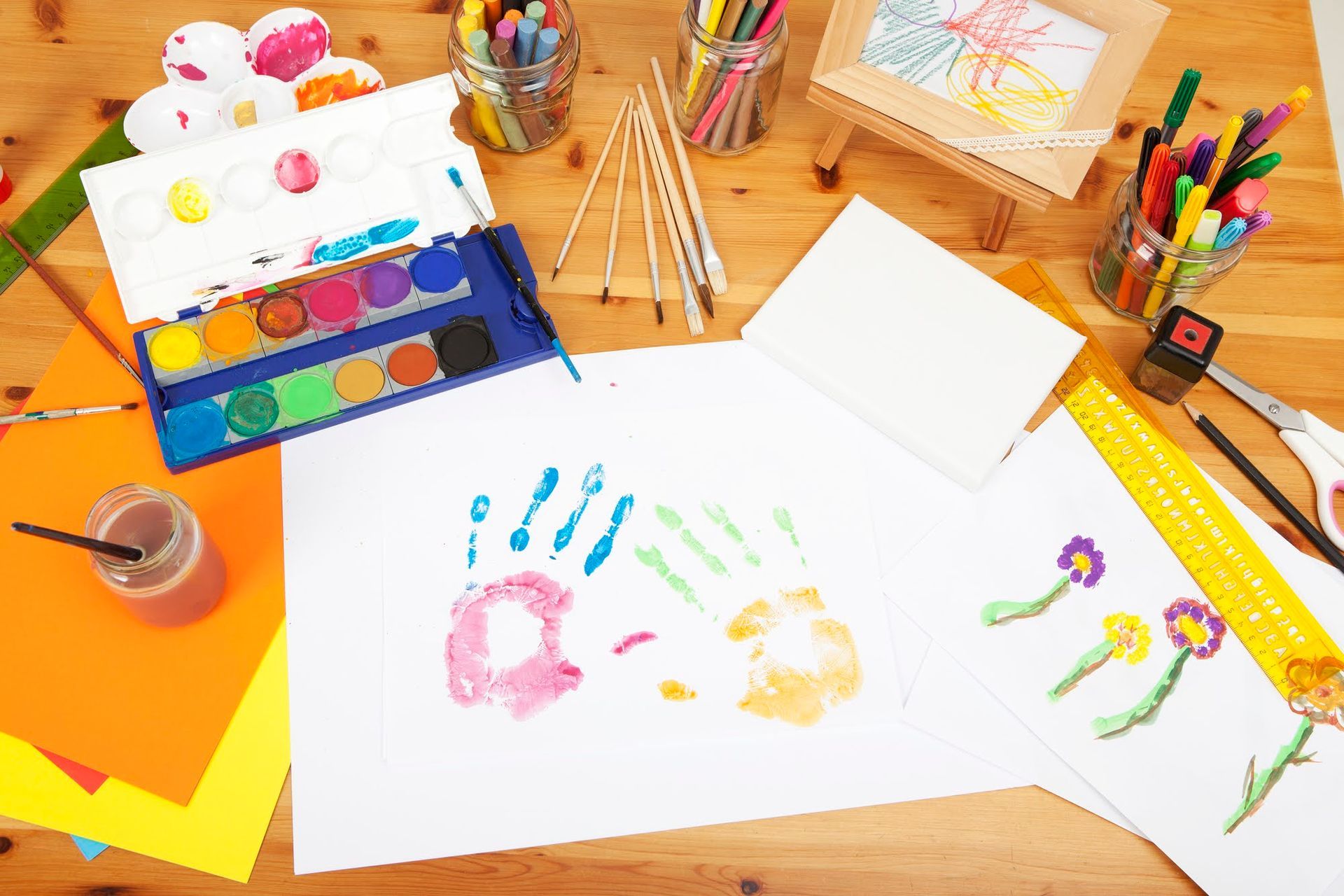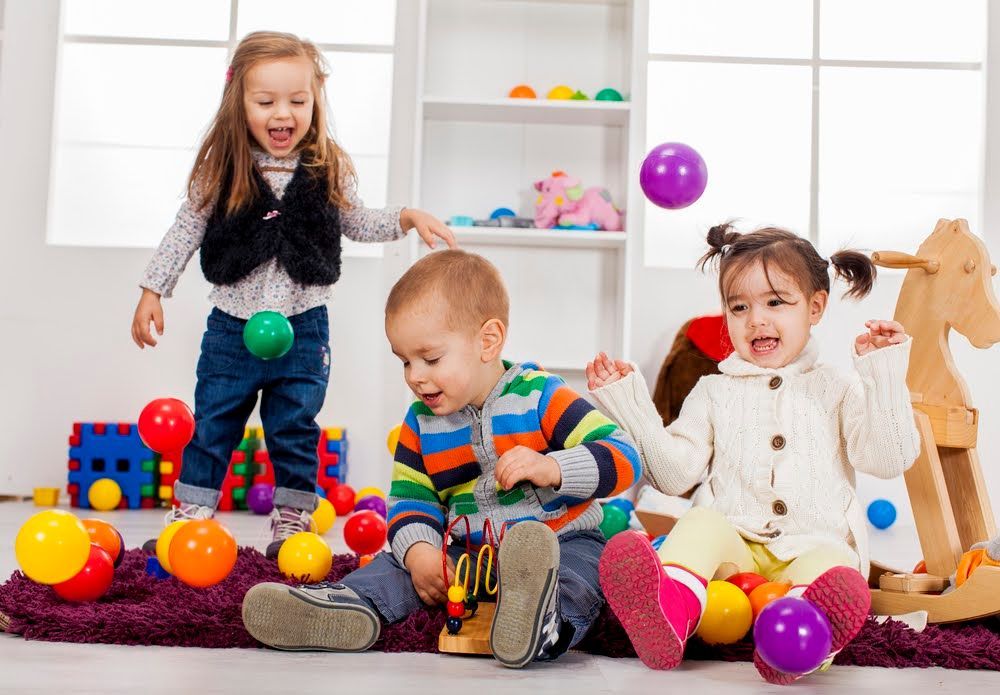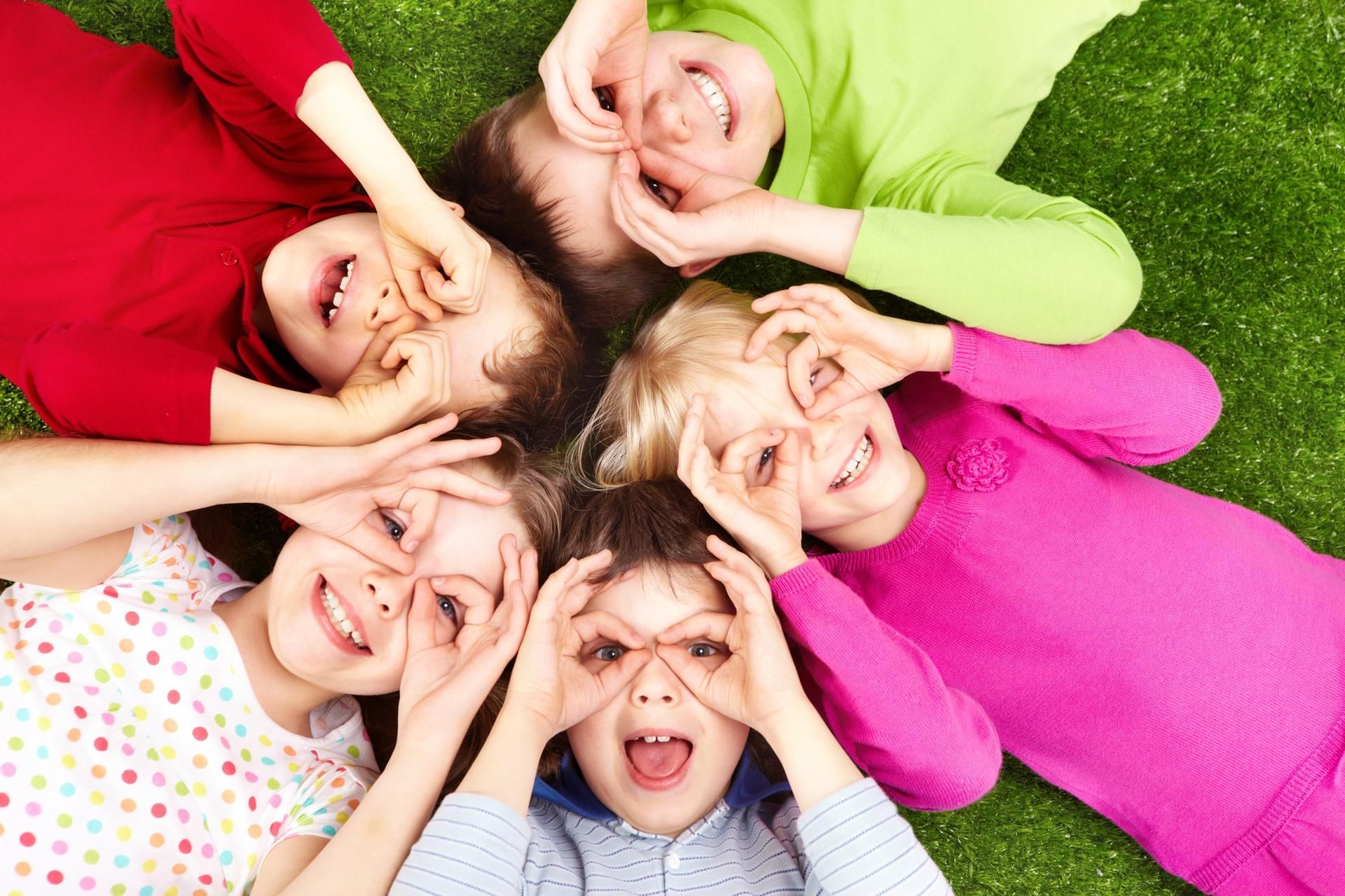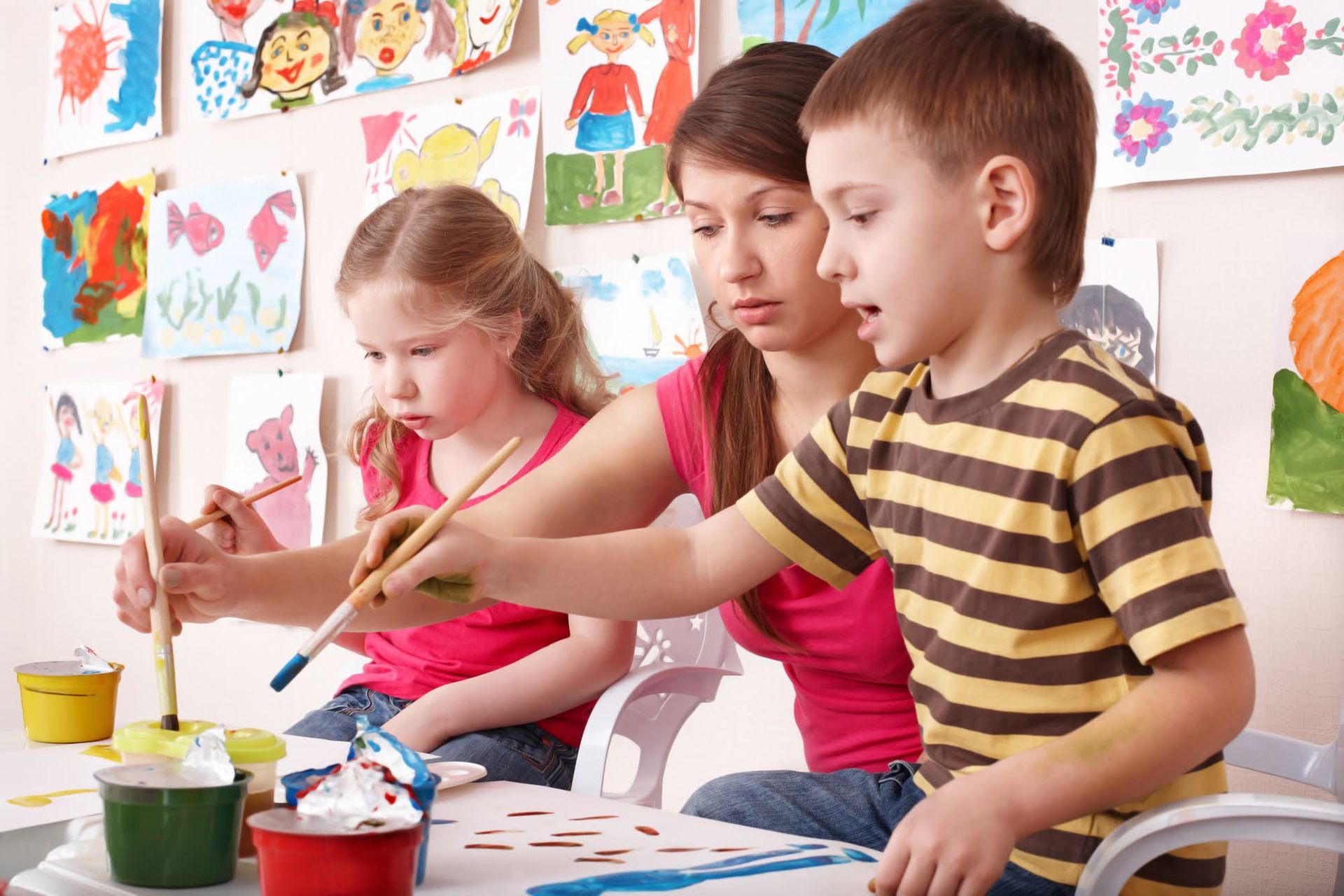The Role of Preschool in Nurturing Emotional Intelligence
When we envision early childhood education, often the academic benefits and social interactions take the foreground. However, the impact of preschool on a child's emotional intelligence is monumental and often overlooked. Emotional development in the crucial early years sets the foundation for a child's well-being and success in later life, making preschool not just a place for learning ABCs and 123s but also a vital setting for the growth of emotional intelligence.
Emotional Intelligence in Early Childhood
We're in an age where the term "emotional intelligence" (EQ) is as common in the parenting lexicon as "cognitive development" or "academic achievement." In essence, EQ refers to the ability to recognize and understand one's emotions, as well as the emotions of others. For children, this translates to handling interpersonal relationships, coping with stress, and making responsible decisions — skills that are not innate but learned.
The preschool environment is uniquely positioned to foster these abilities. Children at this developmental stage are like sponges, absorbing social cues and unspoken rules, and preschool provides a structured yet flexible space for them to do so. By interacting with peers and educators, children learn to share, take turns, and express their feelings constructively.
The Key Components of Emotional Growth at Preschool
Social Interaction and Collaboration
Preschool offers a multitude of group activities that require sharing, collaboration, and empathy — from playing together in the sandbox to working on a class project. These shared experiences teach children important social skills, such as considering others' feelings and cooperating towards a common goal.
Safe Expression and Regulation of Feelings
In a supportive classroom, children learn that it's okay to feel different emotions and that there are appropriate ways to express them. They practice using words to describe how they feel, as opposed to acting out physically, and are guided by teachers on how to manage their emotions.
Building Confidence and a Sense of Belonging
Preschool also builds a positive self-image. Through various activities and achievements, children develop a sense of competence, which serves as a scaffold for growing self-esteem. Positive reinforcement from teachers and peer acceptance further bolsters their confidence and sense of belonging.
The Lasting Impact on Academic and Lifetime Success
There is a strong correlation between early emotional development and later academic achievement. Children with higher EQs are often better at paying attention, making good decisions, and connecting with their peers, which are all critical in a classroom setting.
Furthermore, emotional intelligence is a significant predictor of professional success and well-being in adulthood. Through its emphasis on emotional growth, preschool not only primes children for academic vigor but also equips them with the tools to lead a fulfilling and emotionally rich adult life.
How Parents Can Extend Emotional Learning Beyond the Classroom
While much of the groundwork for emotional intelligence is laid at preschool, parents are the continual architects. By nurturing an emotionally supportive home environment, discussing feelings, and ensuring that a child feels valued and understood, parents can build upon the emotional education provided by preschool.
The Power of Play
Encouraging unstructured play at home allows children to further explore and gain control over their emotions. Play is a child's natural medium of expression — it's where they can act out different roles and observe the consequences of their actions, which is integral to emotional development.
Being an Emotional Coach
When parents engage with their children's emotions in a supportive and constructive way, they are essentially acting as their child's first emotional coach. By validating feelings, offering perspective, and modeling healthy emotional responses, parents can reinforce the lessons learned at preschool.
Preschool is not just a stepping stone to the academic world; it's a formative stage where emotional intelligence takes root and blossoms. It's a dynamic ecosystem where the emotional skills children learn will serve as the bedrock for their future interactions and successes. By recognizing and nurturing the impact of preschool on emotional development, we set our children on a path to a life rich in empathy, resilience, and fulfillment, ensuring that they have the emotional toolbox they need to thrive in an increasingly complex world. If you would like to enroll your child in preschool, contact our office today.

